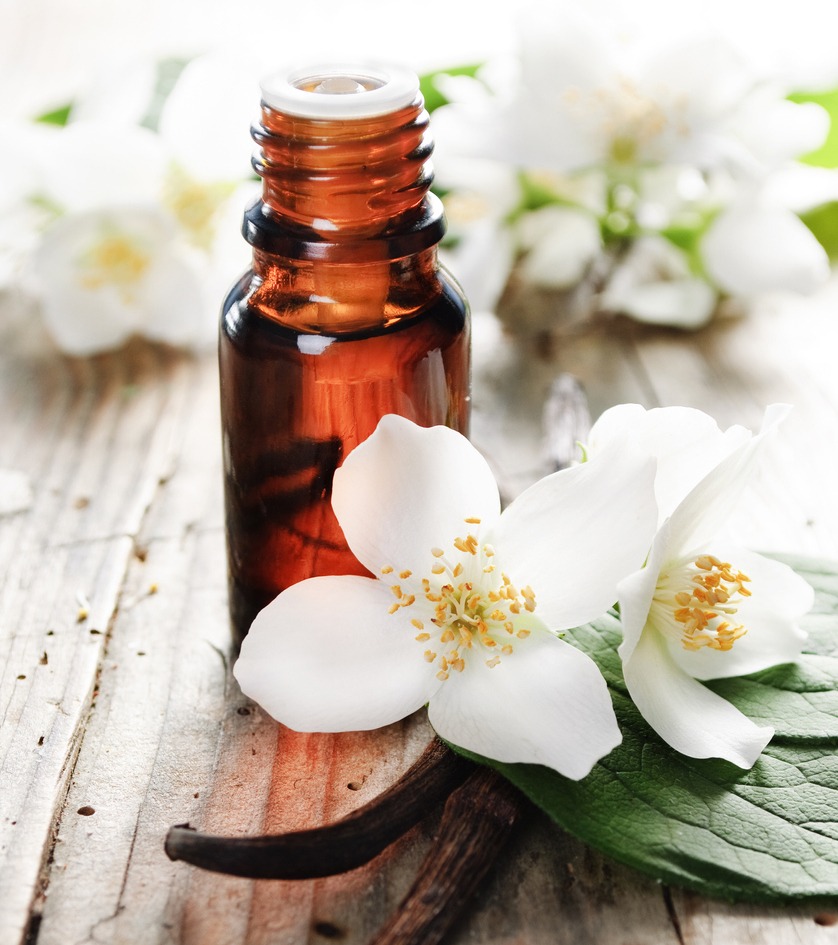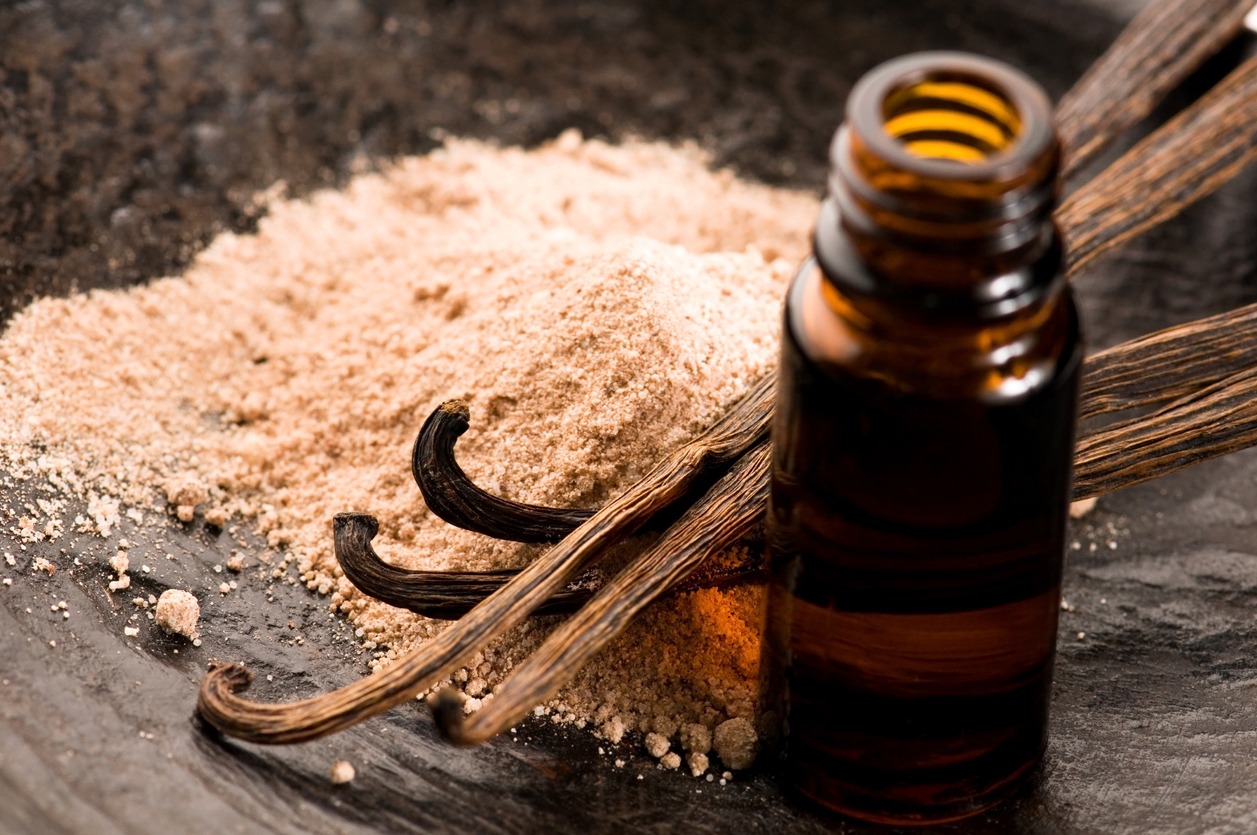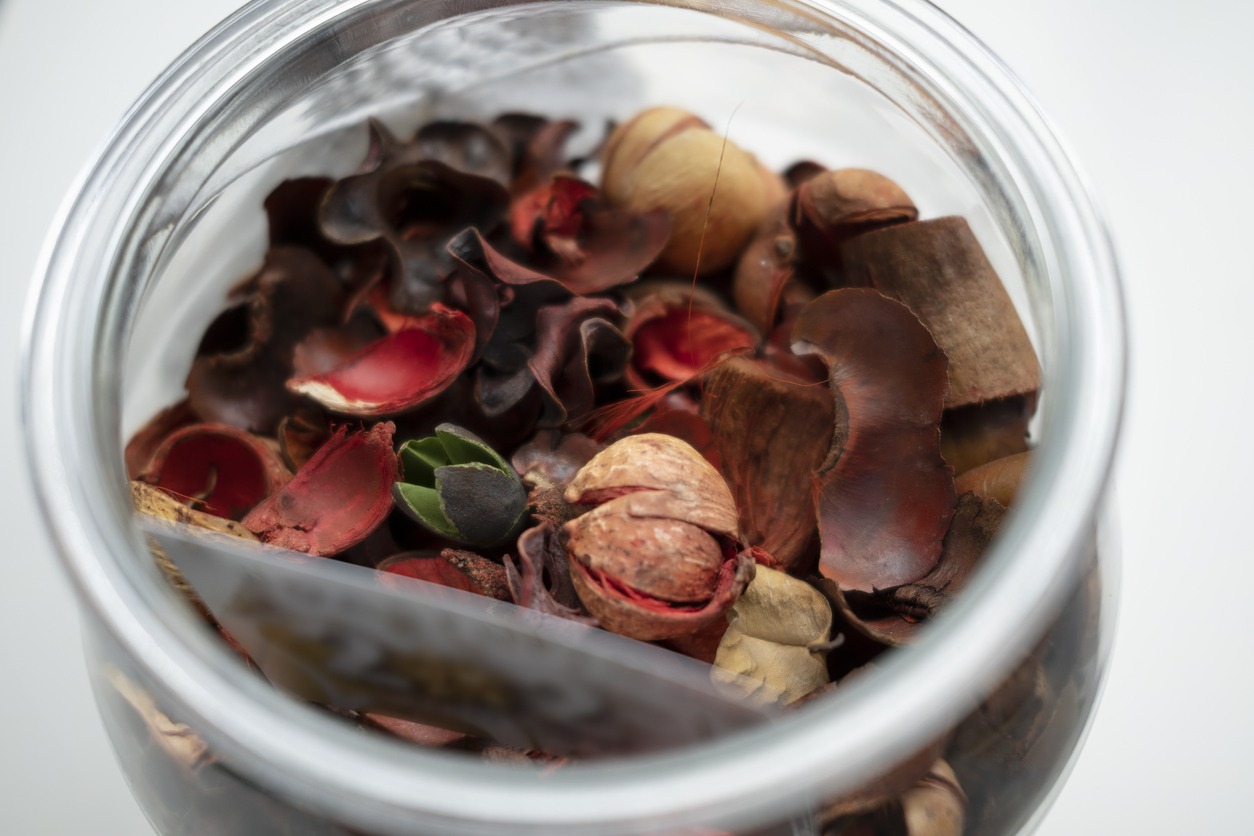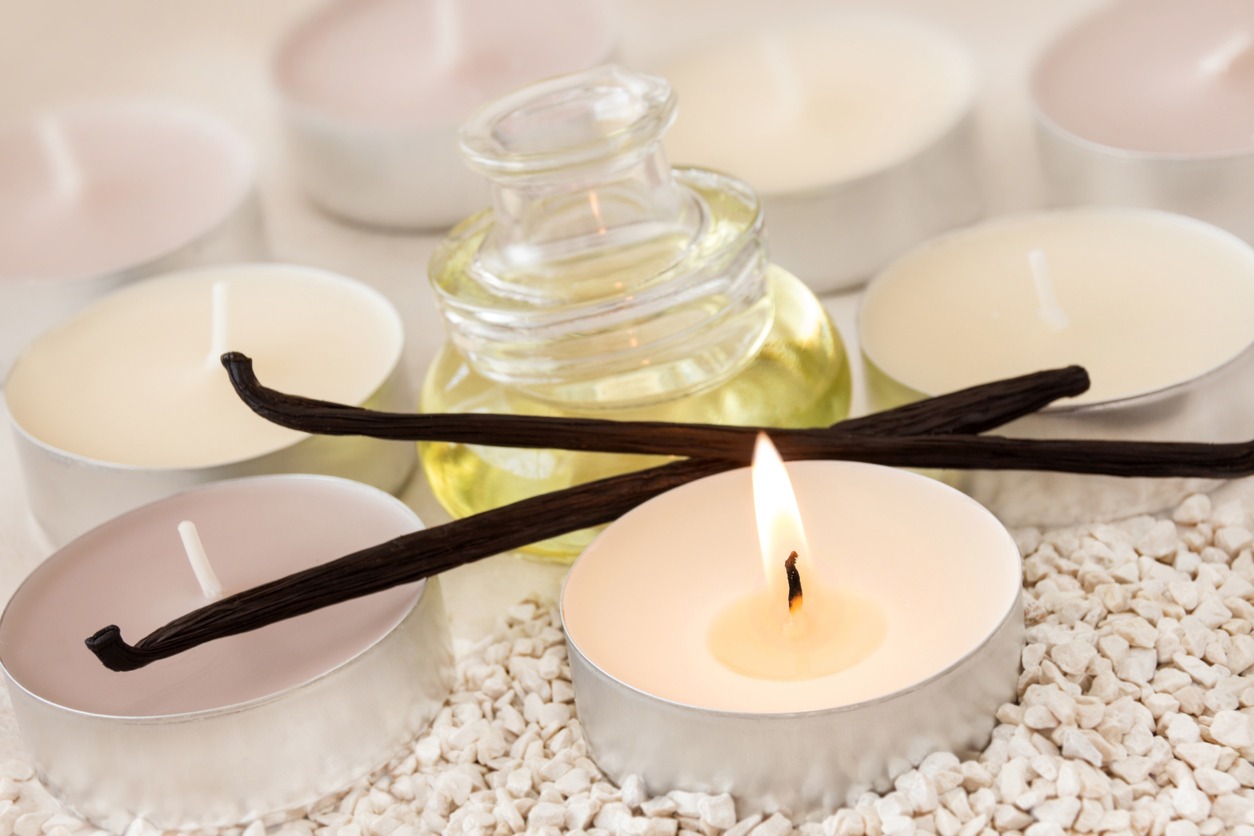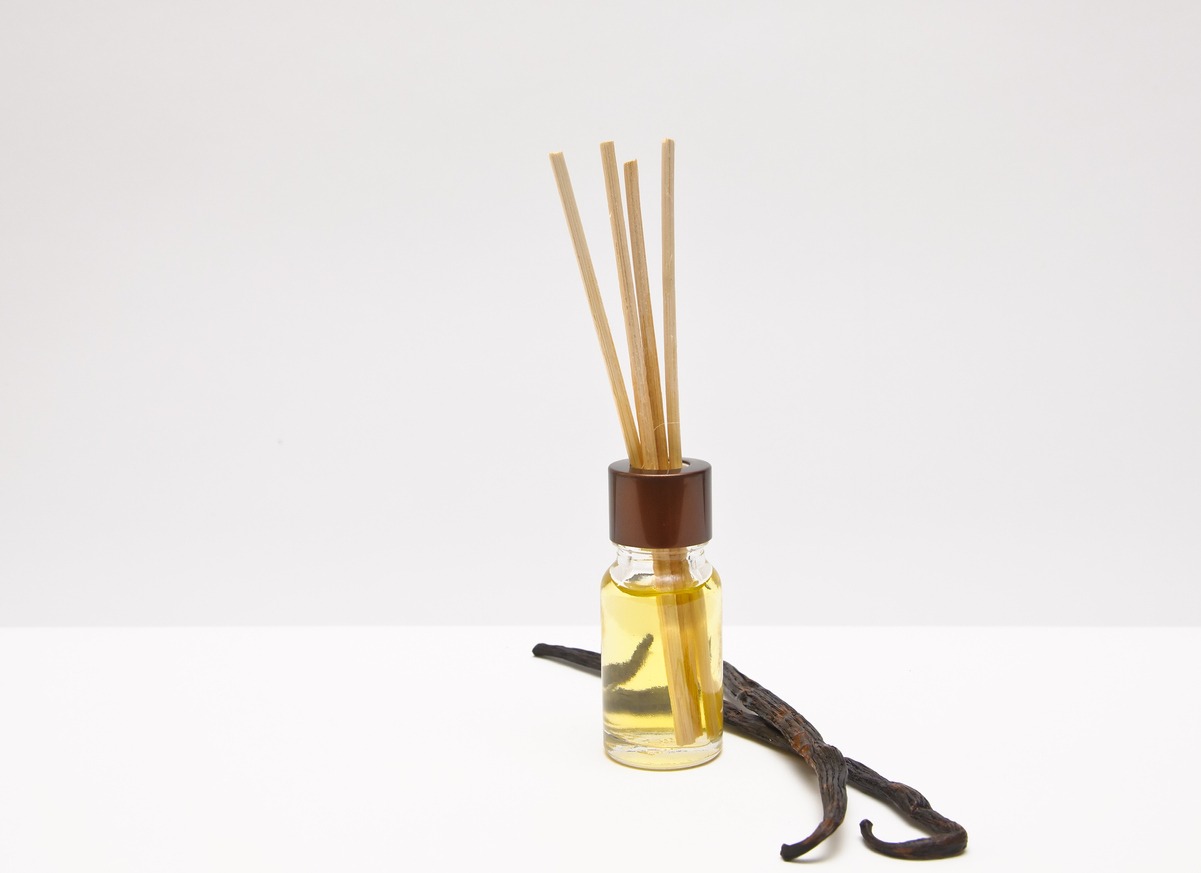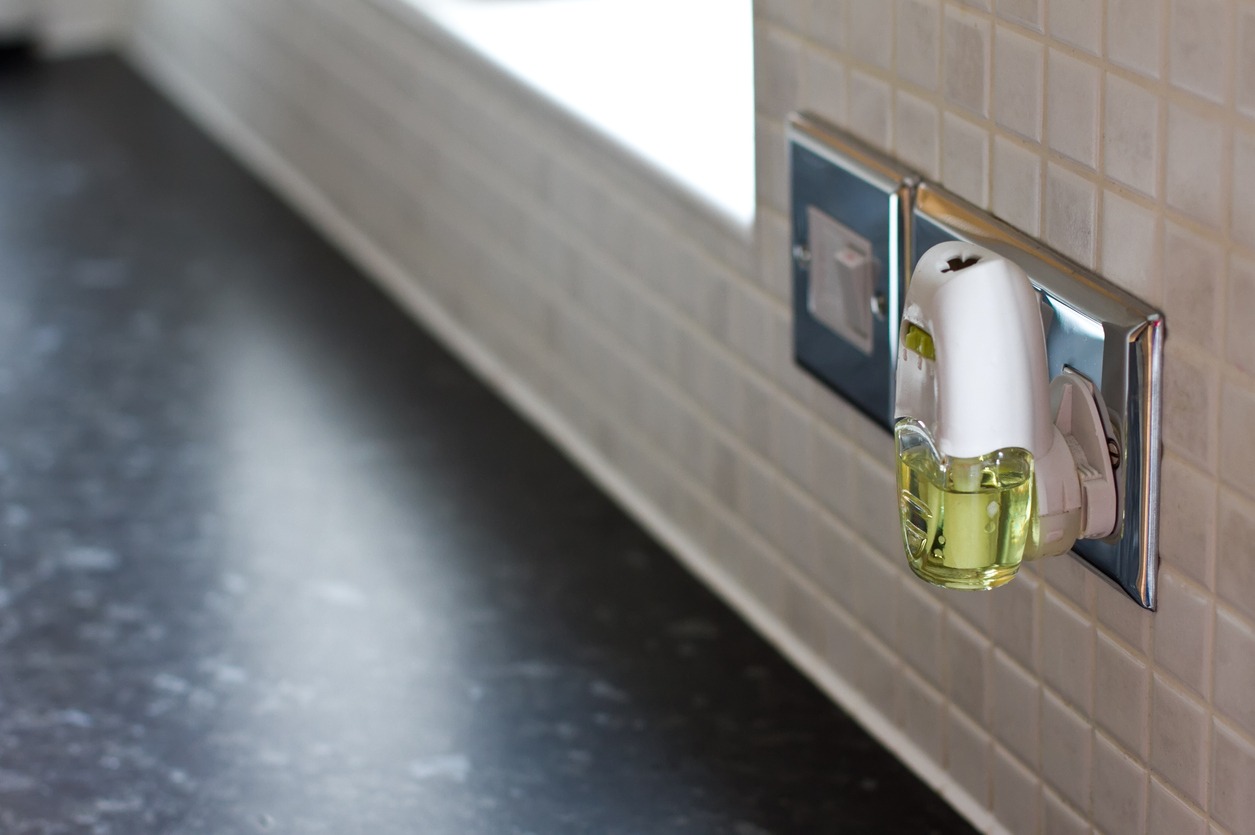It’s no secret that scented products offer many benefits. It can revive cherished memories, transform your mood, and do wonders for your well-being. And if you own pets who wander and live with you inside your home, you probably know how nasty they can smell, so you might be thinking of a way to keep your home smelling fragrant.
Is the Scent of Vanilla Good for Pets?
Canines like the scent of vanilla because of its effect. A study published in the journal Applied Animal Behaviour Science found that vanilla scent has a calming effect on rescue dogs that crosses the line between breeds. These pups barked less and engaged in less activity that’s typically seen in stressed animals. Since barking and excessive activity are signs of stress in shelter dogs, the study concluded that exposure to odors like vanilla, valerian, coconut, and ginger could help reduce stress.
If you prefer using essential oils for fragrance and aromatherapy, don’t worry because it’s not toxic to dogs. The oil is not the only non-toxic, but the scent is also not harmful to them because it can help reduce stress and stimulate the brain. However, it’s not recommended to use vanilla oils in excess.
But if your dog shows any of these symptoms after using vanilla oil, visit the vet:
- Weakness, lethargy, and drooling
- Muscle tremors
- Difficulty walking or breathing
- Pawing at the mouth or face
- Redness of gums, tongue, skin, or gums
A small amount of vanilla is safe for dogs, but be careful to use it around old or sick dogs. If they show any of the symptoms above, consult your vet.
When it comes to felines, the smell of vanilla can either be liked or not, depending upon the cat. The vanilla aroma is neither on the list of scents cats usually despise nor prefer. Sometimes, you’ll know when you feed them vanilla ice cream or yogurt.
You can use diluted essential oil to diffuse for your home for their safety. Avoid applying the oils directly to your pet, as it can have adverse reactions.
Vanilla extract has high alcohol content, and since dogs can’t break down alcohol in their system, they can be at risk for alcohol poisoning if they consume too much. If you can find alcohol-free vanilla that uses vegetable glycerin, it can be safe to use for your dog. You can add it to their food to add flavor and aroma.
Are all Types of Fragrance Safe for Pets?
However, because cats and dogs have sensitive noses, scented products can cause damage to their sense of smell. Whatever way you want to make your home smell great – whether by perfumes, air fresheners, scented candles, incense, essential oils, or potpourri – read more before trying to use it in your home while you have pets.
Essential oils
Vanilla essential oil is not entirely an essential oil since vanilla beans cannot be distilled in such a way that most essential oils of other plants are created. Instead, there are either absolutes, infusions, extracts, or fragrance oil. There’s no pure vanilla essential oil, and it’s not possible to create one.
On the surface, “vanilla essential oils” products aren’t toxic to dogs. They are safe for small amounts and heavily diluted use, as mentioned earlier.
But for cats, essential oils, in general, can be quite dangerous. The concentration and type of oil are to be considered, but so is the quality of oil, room ventilation, and a host of other factors. Many of the components of essential oils have some level of toxicity or carcinogenicity. If ingested – such as after applying it to your cat’s fur and then they lick it off while they’re grooming – some essential oils can cause digestive upset, lung problems, neurologic problems, and other serious concerns in cats. Since essential oils contain volatile oils, every route of exposure can be harmful, whether it’s through the skin, ingestion, or inhalation. The toxins in essential oils are metabolized through their livers, which can cause injury to their organs.
If you’re an essential oil user, it’s best to heavily dilute the oil to reduce the impact on your cat.
Potpourri
Exposure to potpourri through ingestion, inhalation, or skin contact can cause problems for your pet due to the essential oils and the detergents it contains. Since most potpourri doesn’t contain an ingredient list, it’s best to assume that it contains toxic ingredients for your pet. Plus, the scent of dry potpourri can be irritating to your pets’ sensitive noses.
Liquid potpourri is far more dangerous to cats as it can cause burns, ulceration, and severe pain. Chemicals that are absorbed through the skin can cause liver and neurologic damage. If you’re concerned if your pet has ingested potpourri, seek a veterinarian immediately.
Scented Candles
Many people like to burn scented candles to set the mood. Unfortunately, like all candles, the scented variety can also pose a risk for burns for curious pets, and it’s a fire risk for your home and family. Pets, especially cats, can jump up tables, tip the candle, start a fire, or even light themselves on fire.
When it comes to the scents, your pets may cough, sneeze, or even cause an asthma attack if they inhale ingredients they are sensitive to. The same can be said for wax melts that can release volatile compounds into the air. Also, if your cat gets some wax melts on its fur, it may burn its tongue trying to lick the wax off.
If your furry friend ingests the wax of a scented candle, it may experience an upset stomach, including diarrhea and vomiting. Visit your vet immediately when this happens.
Choose cleaner-burning candles made from beeswax, soy, or vegetable wax if you can’t do without a regular flame candle. Avoid those made from paraffin, as it can release more irritants and potential impurities that can bother your pet’s respiratory system. And speaking of impurities and irritants, make sure to burn candles in rooms that have good ventilation.
Incense
Though it’s a common way to add a feeling of zen and a pleasant scent to your homes, incense is harmful when it comes to cats. Felines can be sensitive to smoke, which is a major factor in causing and worsening cat asthma and other respiratory conditions. Also, the aromatic plant materials and essential oils used to create the scents in incense can lead to these respiratory problems in cats.
Air Fresheners
Though air fresheners might help your home smell good, room sprays and deodorizers can also trigger an asthma attack or coughing bouts in some pets. Dogs with sensitive airways – like those with kennel cough, allergic bronchitis, collapsing trachea, and others – can experience them. Also, asthmatic cats can have coughing spasms due to the irritating effects of these sprays when breathed in.

